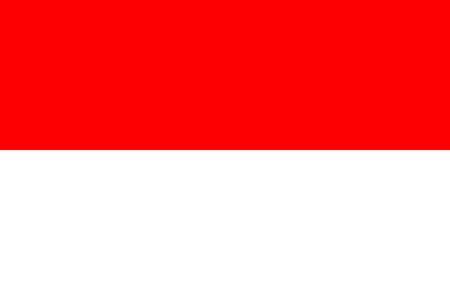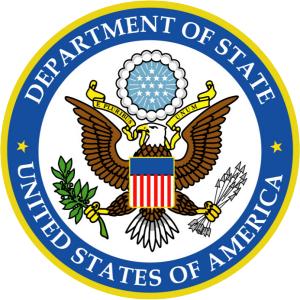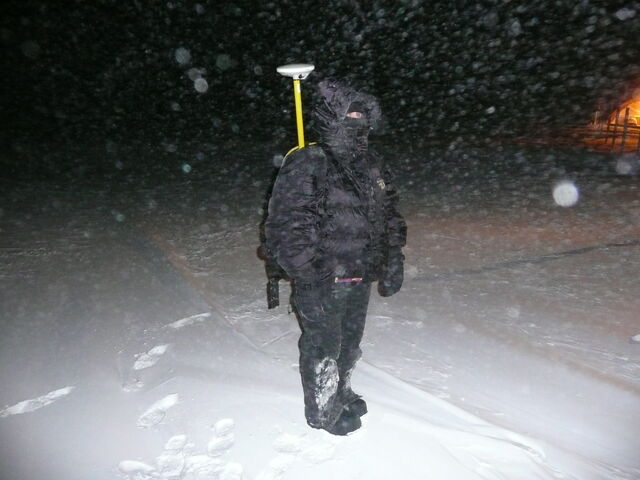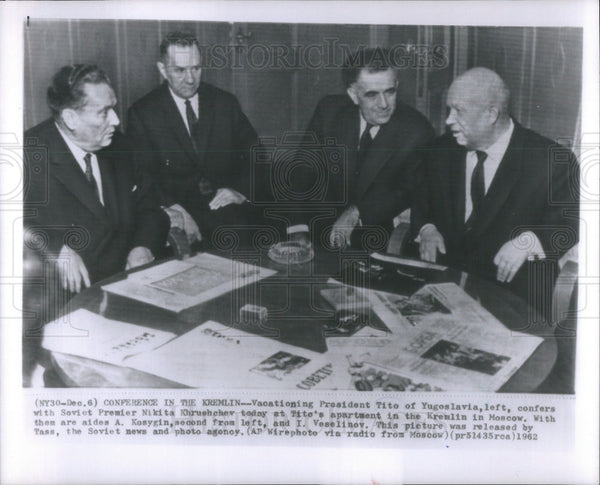
OOC || WORLD MAP
Credit to Tracian Empire for the amazing map - last minute edits by me; if anything else needs an edit, TG me.
OFFICIAL DISCORD for THE RED PEACE
Today is January First, 1960. It is the Thirteenth Year of the Red Peace; others call it a Cold War.
It began in June of 1941. Operation Barbarossa; the invasion plan formulated by the Axis Powers to conquer the Soviet Union. It was a spectacular failure thanks to leaked German intelligence allowing the Soviets to prepare for the coming storm. The Soviet borders were better defended and reinforced, and so with a weakened invasion force because of Axis armies needing to quell rebellions in the Balkans, the Soviet line isn't pushed back. It does not push forward, either, because of Japanese invasion attempts in the Far East.
A few months later, in December, the Pearl Harbor attacks bring the United States into the Second World War. Because the Japanese are forced to pull back more and more troops and artillery to help support the islands as they are invaded, and as the US continues to push the Japanese back in the Pacific, the Soviets get much needed relief and reinforcements on the border. As the Japanese are removed from Soviet borders entirely, the Soviet Union enacts their counter-invasion.
A full scale invasion of Eastern Europe and the Balkans. The German War Machine was not prepared for such a massive counter attack. The Soviet invasion of Eastern Europe was rather difficult to stop, even as they pushed further and further. The Nazis and Axis began to focus their defenses on the eastern front; more and more, they pulled away from their western borders and out of France. The bombings of Britain eventually ceased entirely.
D-Day. September of 1942. The US, Britain, and French Resistance move into Normandy with almost no resistance from the Nazi military, and began their liberation of France. The German military is forced to pull back from the east and attempt to reinforce their borders, even as they try to move troops to keep the Allies at bay from the western front. This proves to be yet another disastrous mistake.
The Soviet Union pulls a last and rather final push from the south through Austria, and then another against the eastern border defense. Both sides fail to defend against the invasion, and in February of 1943, the Soviets capture Berlin - and begin to seize all of Germany. Meanwhile, France is liberated by the Allies. Germany has been forced to surrender, and the Soviets begin to help rebuild - but they form a communist regime in the Nazi government's place over Germany.
All of Eastern Europe, and the Balkans, have fallen to communism. The Soviet government claims the victory and declares that the war is over with Germany defeated. In December of 1943, the United States reluctantly recognizes the Soviet victory in Europe, even as the French government rebuilds. In the Far East, the Soviets begin using the momentum and morale increase from the victory in Europe to begin pushing into Asia; invading Japanese-controlled Manchuria. The Japanese military is taken completely by surprise, and unable to defend Manchuria.
Once liberated, the Soviets begin supplying the Chinese with weapons and armor, training them and especially their communists. Communist uprisings and Chinese resistance forces begin pushing back, hard, against Japanese forces, even as the Soviets secure their control over Eastern Europe through their satellite states. The Japanese Navy, in the meanwhile, is barely holding the US Navy back.
In February of 1944, because of a need to increase speed of development, the Manhattan Project fails. There is no atom bomb. With no other choice, the US government and military prepare for a naval-based invasion of Japan. The US deems atomic weapons a wishful dream. And then, their invasion begins.
With no other choice, Japan pulls back all of its military leftover from occupied China; allowing the communists to seize control. Korea is also left to be abandoned, even as Korean and Chinese communists, with Soviet support, begin to seize control and remove the occupation government.
It takes three long and bloody years for Japanese forces to be defeated throughout their former territory, as they continue to refuse to surrender. Eventually, they are simply forced to capitulate; with at least one year of the bloodshed being from resistance pockets and Imperial Japanese military forces led by rogue admirals or generals. Japan is beaten, at the cost of hundreds of thousands of lives on both sides. A democratic government is set up in Japan, even as communist ones secure control over China and Korea thanks to Soviet support.
The Allies are left war-weary, and so, with the world at peace and communism seeming to rise to power throughout the Old World, the Red Peace begins. The United States cannot afford another war so soon, and so, even as Southeast Asia falls to communism over the next decade, they can do nothing but help their democratic allies rebuild, and consolidate their holdings in the Pacific.
Now, on the thirteenth year of the Red Peace, communism everywhere has massive propaganda campaigns, looking to the massive Soviet victories as signs that communism not only can win, but is a superior form of government.
The world is tense, but war-weary, under this peace - even as Soviet ambitions turn toward the Middle East and western Asia.
Under this Red Peace, where can one stand?

The Great Kremlin Palace
Moscow, Russian Soviet Federative Socialist Republic
The Union of Soviet Socialist Republics
The Supreme Soviet was in session. Nikita Khrushchev was present. It was unprecedented for a man to hold the three most important positions in the Soviet government, but Khrushchev had proven to be strong for the role. And he had convinced the Supreme Soviet, and those of the Central Committee of the Communist Party, that this was necessary. Many hardliners disagreed, but they had been outmatched.
Currently, the Supreme Soviet was meeting about legislation regarding some controversial economic reforms for the Union as a whole, as well as to discuss further what to do with nations in the Warsaw Pact to the west. Should there be a method to integrate them in the future, or should they remain totally independent of the Soviet Union? Among other issues.
One of these major issues that Khrushchev was going to speak on was Sino-Soviet relations, as well as relations with other communist nations abroad. The votes and passing of bills took many hours, but in the end, some of Khrushchev's reforms ended up being passed - after a few years fighting for them, as well.
Of course, Khrushchev wanted to meet with other communist leaders to discuss their states and affairs.






















